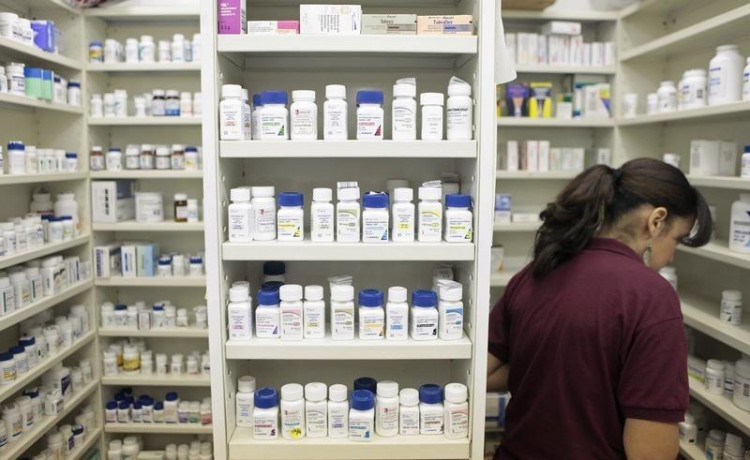The number of child deaths from kidney failure or damage linked to harmful substances detected in syrup medicines in Indonesia increased to 195 on Monday. The majority of those affected are under the age of five.
Since August, the Southeast Asian country has noticed an increase in cases of acute kidney injury (AKI), prompting an investigation and consequent restriction on all liquid pharmaceutical sales.
The number of deaths has increased from the 133 that were reported on Oct. 21.
According to the health ministry's spokesman Mohammad Syahril, more than 320 cases of AKI have been reported in provinces across the nation, and 27 people are currently being treated there.
The majority of the deaths, according to tests, were caused by syrups with high quantities of ethylene and diethylene glycol.
Diethylene glycol and ethylene glycol are commonly used as antifreeze solutions for air conditioners, refrigerators, and freezers as well as a very low-concentration solvent for various items, including cosmetics. According to the World Health Organization (WHO), they are never used in medications.
Since then, authorities have been importing an antidote for AKI; 246 vials have been acquired thus far; the bulk was donated by Singapore and Australia. According to the health ministry, the medicine has had notable results.
Last month, the national food and drug ministry of Indonesia named five syrups as having dangerously high quantities of hazardous ingredients and commanded that the goods be destroyed and pulled off the shelves.
Police have initiated an investigation into three local pharmaceutical companies, with two of them temporarily losing their license to manufacture syrup medicines.
Indonesia's food and drug agency, BPOM, has investigated two pharmaceutical businesses that recently switched their sources for some of their products from pharma suppliers to chemical suppliers.
Prior to the recent increase, Indonesia normally documented two to five cases of AKI per month.
The tragedy has taken Indonesia by storm. The country's Ombudsman chastised the health ministry and the BPOM for failing to assess products on the market to ensure they met criteria.
In a raging editorial, the Jakarta Post newspaper declared that the BPOM had given testing authority to the pharmaceutical companies themselves, calling this revelation "terrifying" and evidence that the government had "given up its authority."
The Gambia in West Africa reported last month that 70 children may have died as a result of imported syrup medications.
The World Health Organization has cautioned that deaths in the small African nation may be related to the "unacceptable amount" of diethylene glycol and ethylene glycol discovered in four cough syrups made in India.





